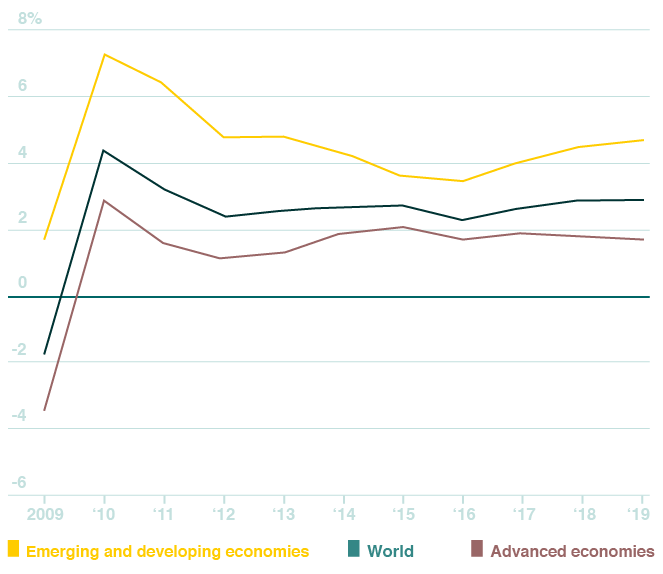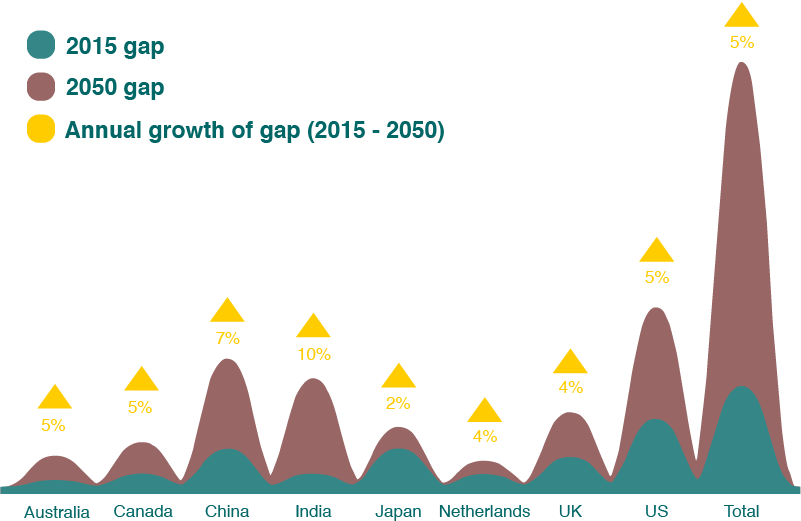Creating Shared Value With Neem
Gujarat Narmada Valley Fertilizers and Chemicals (GNFC) has been awarded the Porter Prize for Creating Shared Value, a prestigious award from the Institute of Competitiveness in affiliation with Harvard Business School, for their Neem Project. Successfully generating $3.9 million in 2016, the GNFC community initiative has provided employment for over 225,000 rural women in India. With plans to expand their operations from 4,000 village collection centers to over 12,000 across the country this year, the project has brought India closer to sustainability by using neem to naturally protect crops, improve soil health and reduce demand of urea – a synthetic fertilizer that is directly responsible for soil degradation and biodiversity loss.…

